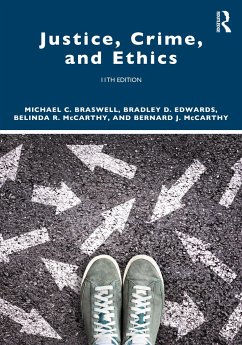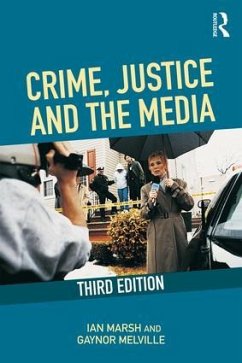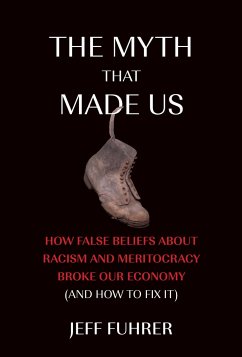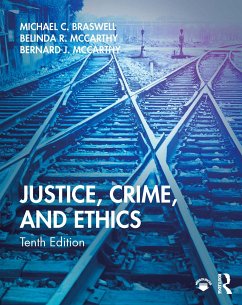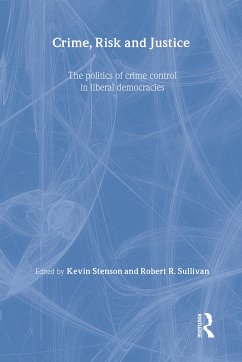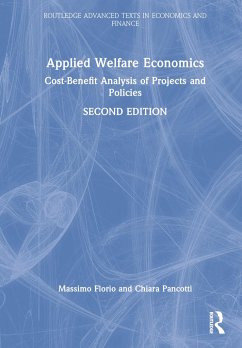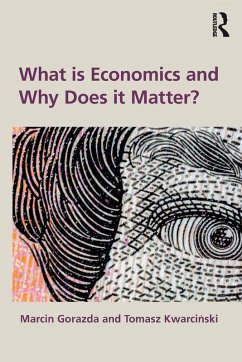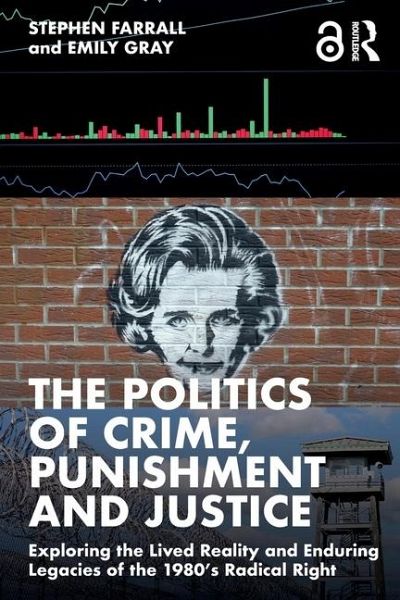
The Politics of Crime, Punishment and Justice
Exploring the Lived Reality and Enduring Legacies of the 1980's Radical Right
Versandkostenfrei!
Versandfertig in 6-10 Tagen
43,99 €
inkl. MwSt.
Weitere Ausgaben:

PAYBACK Punkte
22 °P sammeln!
This book explores the impact of right-wing political ideology on crime, the criminal justice system, and attitudes towards punishment in Britain. Grounded in a rigorous analysis of repeated cross-sectional surveys such as the British Social Attitudes Survey and the British Crime Survey, as well as individual-level cohort data such as the 1958 National Child Development Study and the 1970 British Cohort Study, it examines changes in long-term crime rates, criminal justice policies, and their integration with social and economic policies in Britain over four decades. It offers a detailed discus...
This book explores the impact of right-wing political ideology on crime, the criminal justice system, and attitudes towards punishment in Britain. Grounded in a rigorous analysis of repeated cross-sectional surveys such as the British Social Attitudes Survey and the British Crime Survey, as well as individual-level cohort data such as the 1958 National Child Development Study and the 1970 British Cohort Study, it examines changes in long-term crime rates, criminal justice policies, and their integration with social and economic policies in Britain over four decades. It offers a detailed discussion of how radical social and economic changes affected the fear of crime and attitudes to punishment, and how well Thatcherite social and economic values were embedded in contemporary British society. Drawing on a wide literature across criminology, political science, sociology, and social policy, this book demonstrates how a thorough understanding of crime cannot take place without anexamination of the wider social policies enacted, the life-courses of the individuals affected, and their communities and the political environment in which they live. It is essential reading for criminologists, sociologists, political philosophers, and social theorists alike since it combines thinking from political sciences, life-courses theories, and detailed analyses of the outcomes of social policy change.
The Open Access version of this book, available at http://www.taylorfrancis.com, has been made available under a Creative Commons [Attribution-Non Commercial-No Derivatives (CC-BY)] 4.0 license.
The Open Access version of this book, available at http://www.taylorfrancis.com, has been made available under a Creative Commons [Attribution-Non Commercial-No Derivatives (CC-BY)] 4.0 license.





